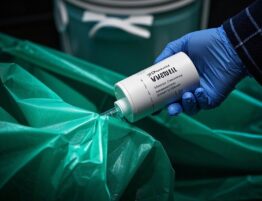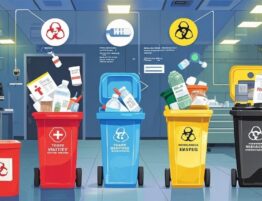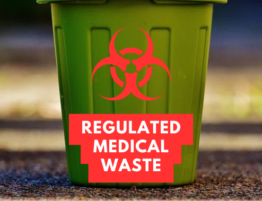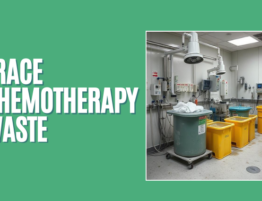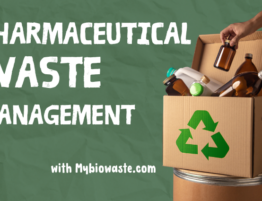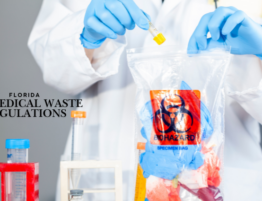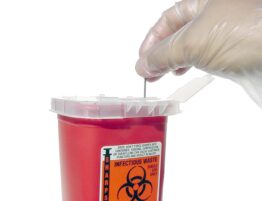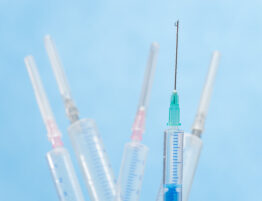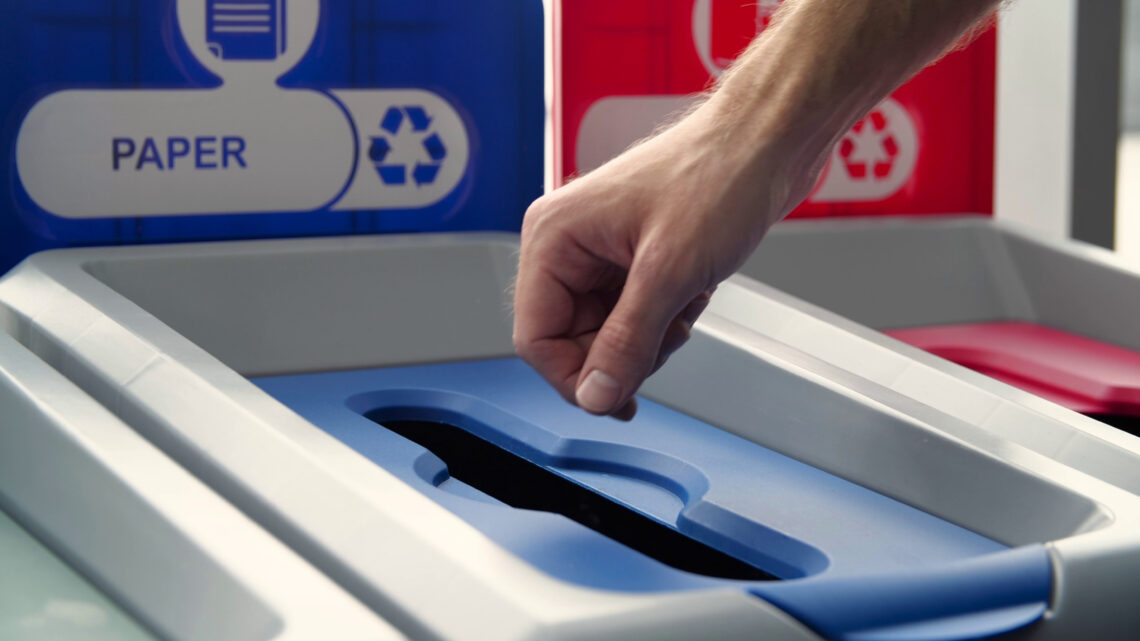
Medical waste is generated by healthcare facilities, hospitals, clinics , labs and even households. If not managed properly it can pose serious environmental and health risks. However some of this waste can be recycled reducing its harmful impact. In this blog post we’ll explore what medical waste recycling is, why it matters and how it can benefit both the environment and healthcare systems.
What Is Medical Waste Recycling?
Medical waste recycling is the process of safely collecting, treating and repurposing certain types of medical waste instead of sending it to landfills or incinerators. The goal is to reduce the environmental footprint of healthcare activities by turning recyclable materials into useful products. Not all medical waste can be recycled but several items including sterilized plastics metals and glass can be processed and reused.
Types of Recyclable Medical Waste
- Sterilized Plastics: Plastics are commonly used in the healthcare sector from IV bags to plastic trays and syringes. After these items are used they can be sterilized through methods like autoclaving which uses high-pressure steam to kill any pathogens. Once sterilized these plastics can be shredded and recycled to make new products.
- Metal Medical Instruments: Instruments like scalpels, surgical tools and other metallic equipment are often reusable after proper cleaning and sterilization. If these items are no longer usable the metals can be melted down and recycled.
- Glass Containers: Glass vials and bottles are widely used for medications and lab testing. After sterilization these items can be cleaned and recycled into new glass products reducing waste in landfills.
- Paper and Cardboard: Non-contaminated paper packaging and cardboard materials such as those used in medical shipments can be recycled like standard office paper. These materials are usually easy to recycle once separated from contaminated waste.
Why Is Medical Waste Recycling Important?
Medical waste recycling plays a key role in minimizing the harmful effects of healthcare activities on the environment. Let’s break down some of the major reasons why recycling medical waste is important:
1. Reduces Environmental Pollution
Medical waste that is not recycled often ends up in landfills or incinerators. When medical waste is incinerated it can release dangerous pollutants like dioxins and mercury into the atmosphere. By recycling materials like plastic and metals we reduce the need for incineration helping to prevent air pollution and protect ecosystems.
2. Saves Natural Resources
Recycling helps to conserve natural resources. For example recycling metals used in medical devices and instruments means that less raw metal needs to be extracted from the earth. Similarly recycling plastic reduces the demand for petroleum which is used to make new plastic products. This conservation of raw materials helps to preserve natural resources for future generations.
3. Reduces Waste in Landfills
The healthcare industry generates a massive amount of waste, much of which ends up in landfills. Medical waste recycling helps reduce the burden on landfills by repurposing materials that can be used again. Less waste in landfills means fewer toxins leaching into the soil and water protecting the environment.
4. Lower Disposal Costs
Medical waste disposal can be expensive especially when dealing with hazardous materials that require special handling. Recycling some of this waste can help reduce overall disposal costs making it a cost-effective solution for healthcare facilities. Hospitals and clinics can save money by recycling items like plastics and metals instead of paying for expensive hazardous waste disposal services.
Challenges in Medical Waste Recycling
While medical waste recycling offers many benefits there are challenges to overcome:
- Safety Concerns: One of the main concerns with recycling medical waste is the potential for exposure to infectious materials. Proper sterilization is crucial before any waste can be recycled. Hospitals and clinics need to have strict protocols to ensure that all recyclable materials are free of contaminants.
- Sorting of Waste: Not all medical waste is recyclable. Items like used sharps, bodily fluids and certain hazardous chemicals cannot be recycled and must be disposed of properly. Healthcare facilities need to have efficient waste sorting systems to separate recyclable materials from hazardous waste.
- Lack of Awareness: Many healthcare providers are unaware of the options available for medical waste recycling. Increased education and awareness are needed to encourage more facilities to adopt recycling practices.
How Healthcare Facilities Can Improve Medical Waste Recycling
If healthcare providers want to contribute to environmental sustainability they can take several steps to enhance their recycling efforts:
- Implement Waste Segregation: One of the first steps to effective recycling is segregating waste. Healthcare facilities should have designated bins for recyclable waste such as plastics, metals and glass. Proper training for staff ensures that recyclable materials are not mixed with hazardous waste.
- Partner with Recycling Companies: Healthcare facilities can partner with specialized waste management companies that offer recycling services. These companies can provide advice on how to safely handle and recycle specific types of medical waste.
- Use Recyclable Materials: Hospitals and clinics can also choose to purchase products made from recyclable materials. For example selecting items that can be easily sterilized and reused helps reduce overall waste.
- Educate Staff: It’s important to raise awareness among healthcare workers about the benefits of medical waste recycling. Training programs can teach staff how to properly separate and dispose of recyclable materials.
What You Can Do as an Individual
Even if you’re not directly involved in healthcare there are still ways you can contribute to medical waste recycling. If you use medical products at home such as syringes or medication bottles look into local programs for recycling these items. Many cities have special drop-off points for medical waste ensuring it is disposed of or recycled safely. Also choose reusable and recyclable products whenever possible to minimize the waste you generate.
Final Thoughts
Medical waste recycling is a crucial step toward reducing the environmental impact of healthcare activities. By recycling materials like plastics, metals and glass we can conserve natural resources, reduce pollution and cut down on landfill waste. Although there are challenges in implementing effective recycling programs, healthcare facilities can play a major role in making the world a greener place. By segregating waste partnering with recycling companies and educating staff they can ensure that recyclable medical waste is properly processed and reused.
Whether you’re working in healthcare or simply using medical products at home you can contribute to this effort by being mindful of what can be recycled and supporting initiatives that promote sustainability.
If you are looking for medical waste recycling services you can contact My Bio Waste for safe and effective disposal solutions. Reach out using the following contact details:
- Phone: 855-276-9246
- Email: info@mybiowaste.com
- Location: 4459 Industrial Park Rd. Green Cove Springs FL 32043
They specialize in recycling and managing medical waste ensuring compliance with safety standards and environmental regulations.

